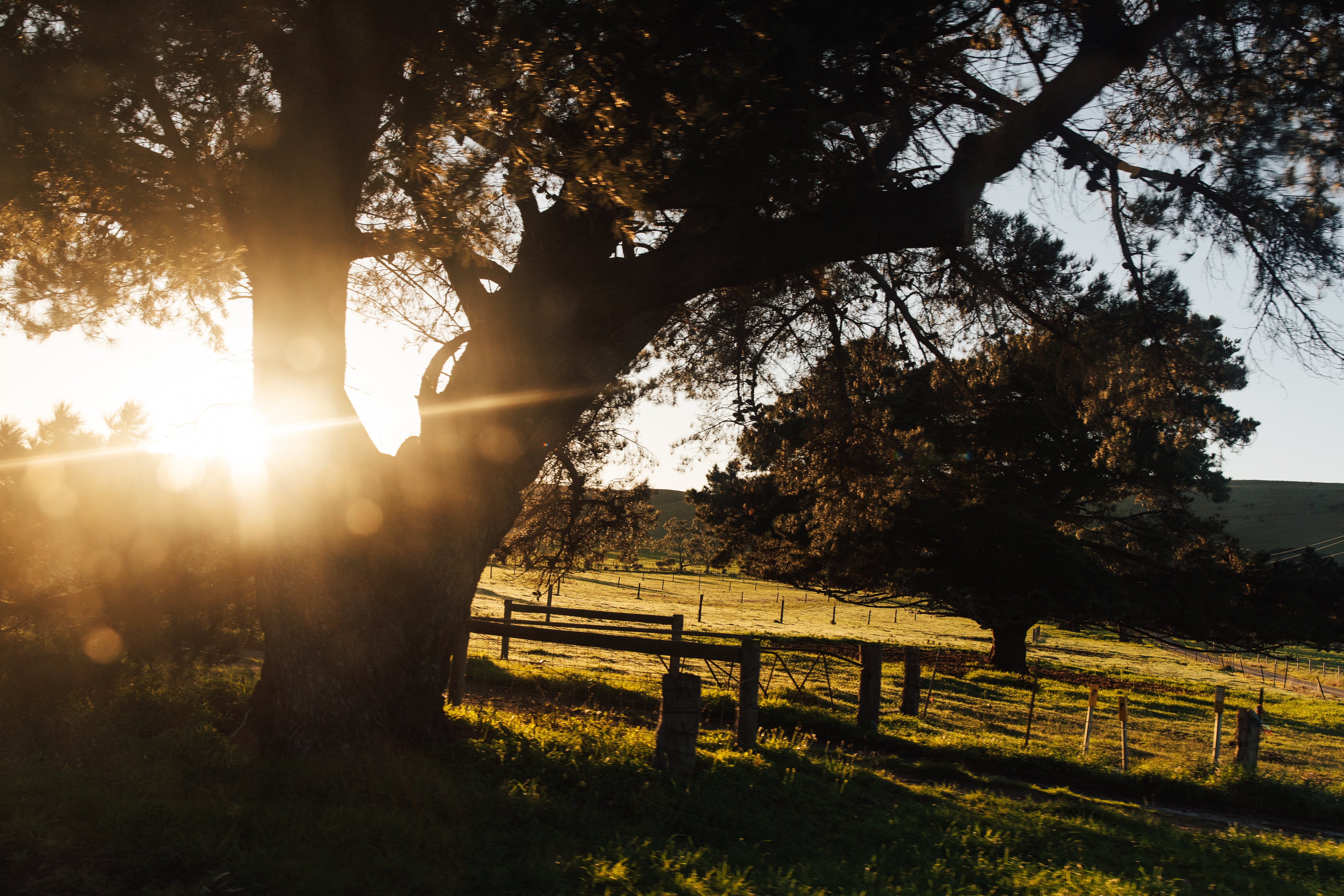
Consistent internet service underpins future pastoral productivity gains
Telemetry systems are increasingly being rolled out on many pastoral properties across the state, including at Billa Kalina, via Roxby Downs, ensuring more efficient labour use and, more importantly, peace of mind.
Water is essential in the pastoral zone. With more than 100 tanks and troughs, and some watering points more than 80 kilometres away, it can often take significant time to check them.
The time is takes to oversee and monitor tank levels and troughs has been significantly reduced at Billa Kalina through internal wi-fi and remotely operated cameras, which are run through a series of repeaters and small towers at 14 watering points across the property.
A UHF system was previously used but the property was switched to wi-fi about six months ago and there are plans to install it at a further 10 sites in the next 1-2 years.
Peace of mind is the major benefit but also being able to get up, login and check enables for planning ahead at the start of the day, even before meeting with staff.
The cameras are recording 24 hours a day. Footage can be downloaded, stored and checked by logging in on a phone or computer. The cameras are charged by solar batteries and, unless there is significant cloud cover, they continually re-charge. The ability to have 24/7 footage means livestock can be checked as they come to water while also keeping an eye out for wild dogs and other pests.
The benefit of a wi-fi system over UHF is that staff can use a smartphone within 20 metres of the watering points, making it easy for them to act on any issues. If they see a problem with a calf or cow, they can take a photo and send it to the manager, which makes it much easier to try and recognise the problem rather than them having to come back to get me and then drive to the water.
Safety is increased by being able to use a mobile phone to make calls, rather than relying on a satellite phone, and it is much quicker.
The system uses satellite internet – the Sky Muster – and the station was recently upgraded from 20 gigabytes to 80GB. This upgraded system data and internet has made a huge difference – it means we can now make wi-fi calls from the house on our mobile rather than having to rely on the satellite-based home phone system, which can be unreliable.
These days, wi-fi is like air-conditioning, it’s a given not an added benefit. Billa Kalina is about 150 kilometres from the nearest town so having improved internet and phone services helps staff members and my three teenage daughters, feel connected with family and friends.
There are some other interesting technologies emerging in the field of data and cameras. At the Meat & Livestock Australia Red Meat Conference in Alice Springs last month, there was discussion on new and upcoming tools in the livestock industry.
One of these was a new property mapping system which also focused on vegetation and aimed to helped pastoralist decide where to put pipelines, watering points and fencelines. This ensured they would not wash away in heavy rains. A station manager who had used the system on a large property estimated he had saved at least $3 million.
There is also unmanned vehicles, drones and walkover weighing – all of which are becoming more readily available and, importantly, more affordable.
The Bureau of Meteorology has installed a new weather station at William Creek and along with the Marla/Oodnadatta NRM group and local pastoralists is working on developing a feed budgeting model using this station, incorporating temperature, transpiration and wind strength to help with calculations.
These types of technologies offer livestock producers huge opportunities for productivity gains and ways in which to better use resources. However, it remains vitally important that producers are able to access consistent phone and internet coverage from data providers.
Thankfully there are now many more options that producers can access to boost connectivity, depending on cost, so get in touch with providers and look at what structures they may be able to use to help improve internet access.
However, there still needs to be a focus on more widespread internet along outback roads so that pastoralists can link into service providers that are helping the transport and tourism industry.
– COL GREENFIELD, Livestock SA Northern Region Chairman